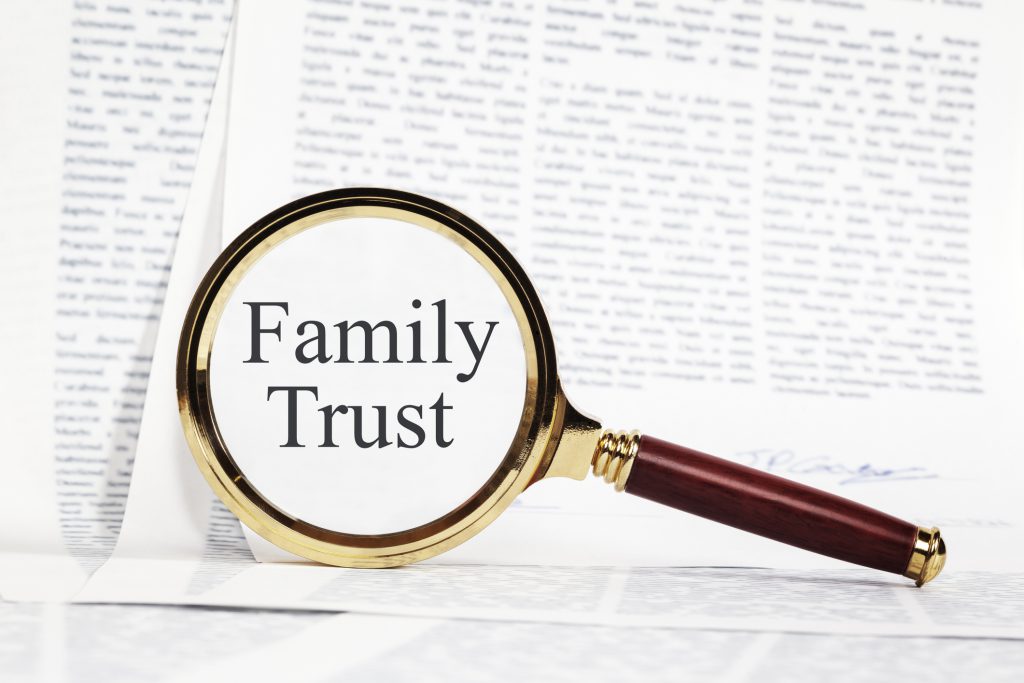If you run a small business, there is a good chance that you have established a family trust. Ensuring it is kept up to date is key. CCIWA Senior Associate Daniel Vivian explains.

Small businesses often use family trusts as part of their business structures because of the numerous benefits they offer. This includes:
- Asset protection against future creditors
- Income tax concessions in some circumstances
- Income tax minimisation
- Passing assets and control to future generations as part of business succession
However, there are several complexities when drafting and managing a family trust, especially when things change over a lifetime.
What do I need to consider?
Some questions to consider include:
- What happens if the trustee dies unexpectedly?
- What happens if there is a falling out amongst the family members?
- How can a trustee keep the trust going after their death?
- How can a trustee minimise the Capital Gains Tax consequences when transferring assets?
- What can the trustee do to protect a family trust from challenges by beneficiaries?
The law that governs family trusts has developed rapidly in Australia, with many judicial decisions being handed down that significantly affect how they can operate.
This means that family trusts set up 15 or 30 years ago likely contain clauses that are out of date with current trust law and tax law.
These older trust documents should be reviewed and updated as soon as possible to prevent unwelcome legal and tax consequences falling on the trust and the beneficiaries.

How can we help?
By seeking legal advice you can ensure your assets are protected now and into the future.
At CCIWA, our team of commercial lawyers can assist with:
- drafting and preparing a family trust deed, no matter the complexity;
- providing advice on your existing family trust arrangements; and
- reviewing your existing family trust deed and suggesting any necessary updates and amendments.
For advice on this or other commercial legal matters get in touch on (08) 9365 7746 or via [email protected].






